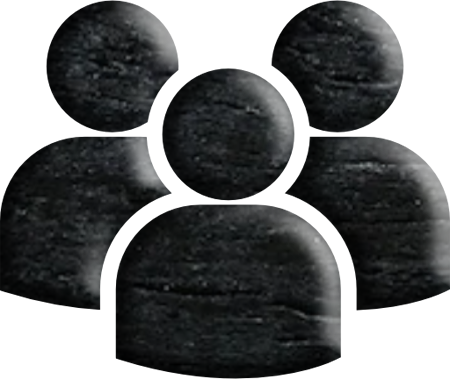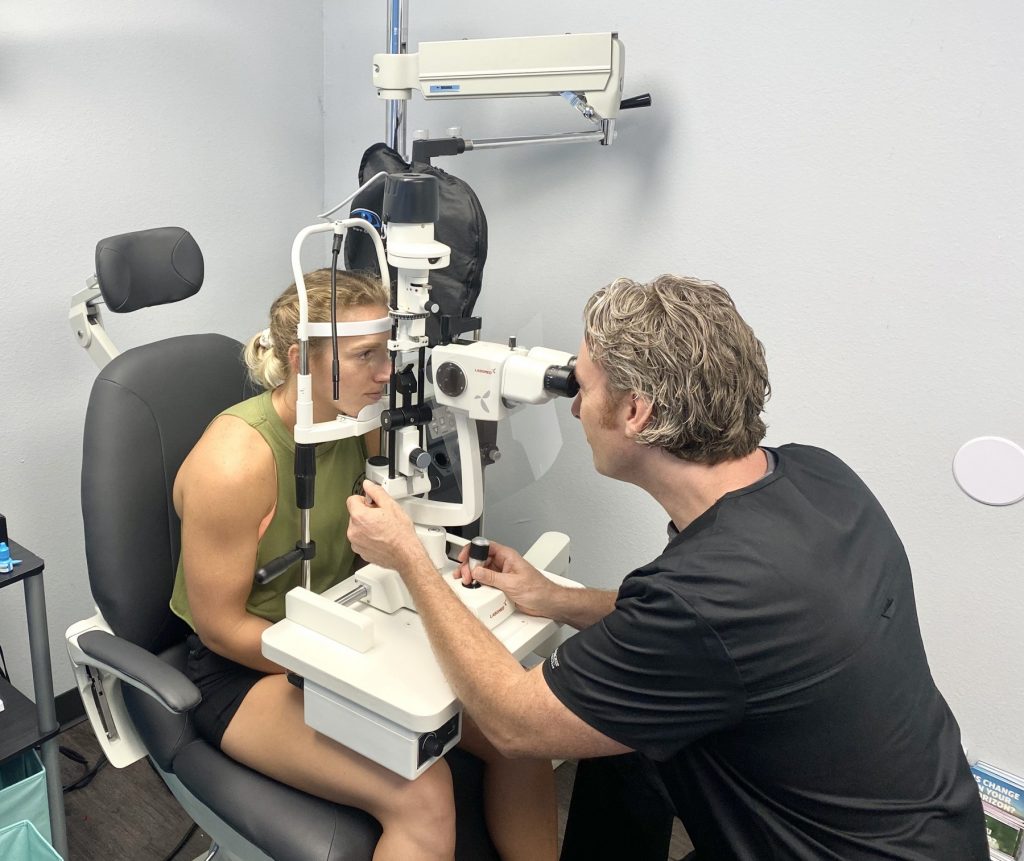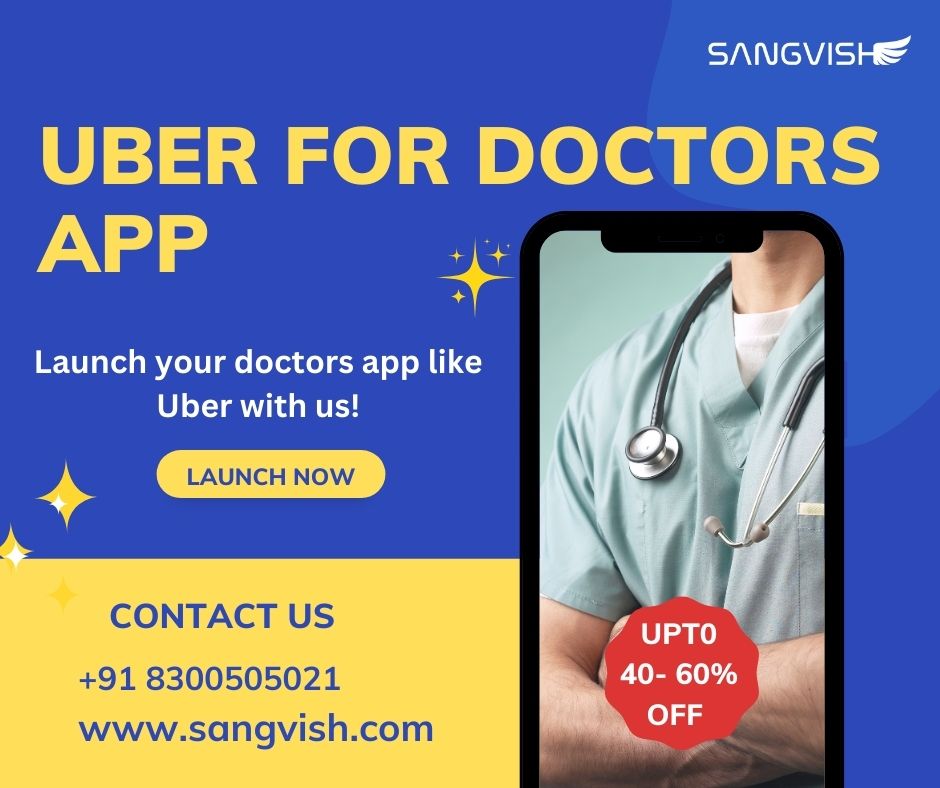Signs Your Child May Need an Eye Exam: A Parent’s Guide
As a parent, ensuring your child’s overall health is important and one critical aspect that often gets overlooked is scheduling an eye exam. Good vision is essential for learning and development, and identifying potential vision problems early can significantly impact your child’s future. This guide will help you understand when to seek pediatric eye care, what to expect during the visit, and find the right eye specialist in Wakad, PCMC for pediatric eye care.
Why Regular Eye Exams Are Important?
Children’s vision can change rapidly as they grow. Regular eye exams help detect issues early, allowing for timely intervention. The American Academy of Pediatrics recommends that children have their first eye exam at six months of age, followed by additional exams at age three and before starting school. After that, annual exams are advisable.
Signs Your Child May Need an Eye Exam:
Watch for the following signs that may indicate your child needs an eye exam:
Squinting or Covering One Eye: If your child frequently squints or covers one eye while trying to see better, it could suggest a vision problem.
Sitting Too Close to Screens: Notice if they sit very close to the television or hold books and devices too near their face; this often indicates nearsightedness.
Frequent Headaches: Complaints of headaches, especially after reading or using screens, can signal eye strain due to uncorrected vision issues.
Difficulty with Schoolwork: If your child struggles to keep up in school or avoids reading and other close-up tasks, it may be due to undiagnosed vision problems.
Eye Rubbing: Excessive rubbing of the eyes can indicate fatigue or discomfort from poor vision.
Preparing Your Child for Their Eye Exam:
To ensure a smooth visit to the eye clinic in Punawale, consider these tips:
Explain the Process: Talk to your child about what will happen during the exam in simple terms. Let them know that it’s a routine check-up to help them see better.
Role-Play: Engage in role-playing at home where you act as the doctor. This can make them feel more comfortable with the process.
Choose a Good Time: Schedule an appointment when your child is alert and happy, avoiding times when they might be tired or cranky.
Bring Comfort Items: Allow your child to bring a favorite toy or blanket for reassurance during the visit.
Positive Reinforcement: Reward them after the exam with something special like a sticker or a trip to their favorite park, reinforcing that eye exams are beneficial.
What to Expect at a Child's Eye Exam?
When you take your child for an eye exam in Wakad with an eye specialist in Pune, here’s what you can expect:
Initial Assessment: The optometrist will inquire about your child’s medical history and any specific concerns you might have.
Vision Tests: Various tests will assess how well your child sees at different distances. This includes checking for common refractive errors like nearsightedness (myopia), farsightedness (hyperopia), and astigmatism.
Refraction Eye Exam: This test determines the exact prescription needed for glasses if required.
Eye Health Evaluation: The doctor will examine the overall health of your child’s eyes, looking for any potential issues such as lazy eye (amblyopia) or crossed eyes (strabismus).
Discussion: After the exam, the optometrist will examine the results with you and recommend any necessary treatments or follow-up appointments.
Pediatric Eye Care at Clairevision Eye Care:
For parents seeking quality pediatric eye care in Wakad, consider visiting Clairevision Eye Care, where Dr. Archana Singh specializes in children’s vision health. With a focus on creating a friendly environment for kids, Clairevision ensures that each visit is less stressful and more enjoyable for both children and parents alike.
Conclusion:
Regular eye exams are crucial for your child’s development and learning capabilities. By recognizing signs that indicate potential vision problems and understanding what to expect during an eye exam, you can take proactive steps toward safeguarding your child’s visual health. Remember, early detection is key don’t hesitate to consult with an Eye Hospital in Wakad if you have concerns about your child’s eyesight.
If you notice any signs of vision problems in your child, schedule a pediatric eye exam at Clairvision Eye Care, the best eye hospital in Wakad, Pune. Visit us at Datta Mandir Road, opposite Axis Bank, Wakad, or call 9156170951 to book an appointment today!
https://www.clairevisioneyecare.in/signs-your-child-may-need-eye-exam/Signs Your Child May Need an Eye Exam: A Parent’s Guide
As a parent, ensuring your child’s overall health is important and one critical aspect that often gets overlooked is scheduling an eye exam. Good vision is essential for learning and development, and identifying potential vision problems early can significantly impact your child’s future. This guide will help you understand when to seek pediatric eye care, what to expect during the visit, and find the right eye specialist in Wakad, PCMC for pediatric eye care.
Why Regular Eye Exams Are Important?
Children’s vision can change rapidly as they grow. Regular eye exams help detect issues early, allowing for timely intervention. The American Academy of Pediatrics recommends that children have their first eye exam at six months of age, followed by additional exams at age three and before starting school. After that, annual exams are advisable.
Signs Your Child May Need an Eye Exam:
Watch for the following signs that may indicate your child needs an eye exam:
Squinting or Covering One Eye: If your child frequently squints or covers one eye while trying to see better, it could suggest a vision problem.
Sitting Too Close to Screens: Notice if they sit very close to the television or hold books and devices too near their face; this often indicates nearsightedness.
Frequent Headaches: Complaints of headaches, especially after reading or using screens, can signal eye strain due to uncorrected vision issues.
Difficulty with Schoolwork: If your child struggles to keep up in school or avoids reading and other close-up tasks, it may be due to undiagnosed vision problems.
Eye Rubbing: Excessive rubbing of the eyes can indicate fatigue or discomfort from poor vision.
Preparing Your Child for Their Eye Exam:
To ensure a smooth visit to the eye clinic in Punawale, consider these tips:
Explain the Process: Talk to your child about what will happen during the exam in simple terms. Let them know that it’s a routine check-up to help them see better.
Role-Play: Engage in role-playing at home where you act as the doctor. This can make them feel more comfortable with the process.
Choose a Good Time: Schedule an appointment when your child is alert and happy, avoiding times when they might be tired or cranky.
Bring Comfort Items: Allow your child to bring a favorite toy or blanket for reassurance during the visit.
Positive Reinforcement: Reward them after the exam with something special like a sticker or a trip to their favorite park, reinforcing that eye exams are beneficial.
What to Expect at a Child's Eye Exam?
When you take your child for an eye exam in Wakad with an eye specialist in Pune, here’s what you can expect:
Initial Assessment: The optometrist will inquire about your child’s medical history and any specific concerns you might have.
Vision Tests: Various tests will assess how well your child sees at different distances. This includes checking for common refractive errors like nearsightedness (myopia), farsightedness (hyperopia), and astigmatism.
Refraction Eye Exam: This test determines the exact prescription needed for glasses if required.
Eye Health Evaluation: The doctor will examine the overall health of your child’s eyes, looking for any potential issues such as lazy eye (amblyopia) or crossed eyes (strabismus).
Discussion: After the exam, the optometrist will examine the results with you and recommend any necessary treatments or follow-up appointments.
Pediatric Eye Care at Clairevision Eye Care:
For parents seeking quality pediatric eye care in Wakad, consider visiting Clairevision Eye Care, where Dr. Archana Singh specializes in children’s vision health. With a focus on creating a friendly environment for kids, Clairevision ensures that each visit is less stressful and more enjoyable for both children and parents alike.
Conclusion:
Regular eye exams are crucial for your child’s development and learning capabilities. By recognizing signs that indicate potential vision problems and understanding what to expect during an eye exam, you can take proactive steps toward safeguarding your child’s visual health. Remember, early detection is key don’t hesitate to consult with an Eye Hospital in Wakad if you have concerns about your child’s eyesight.
If you notice any signs of vision problems in your child, schedule a pediatric eye exam at Clairvision Eye Care, the best eye hospital in Wakad, Pune. Visit us at Datta Mandir Road, opposite Axis Bank, Wakad, or call 9156170951 to book an appointment today!
https://www.clairevisioneyecare.in/signs-your-child-may-need-eye-exam/



